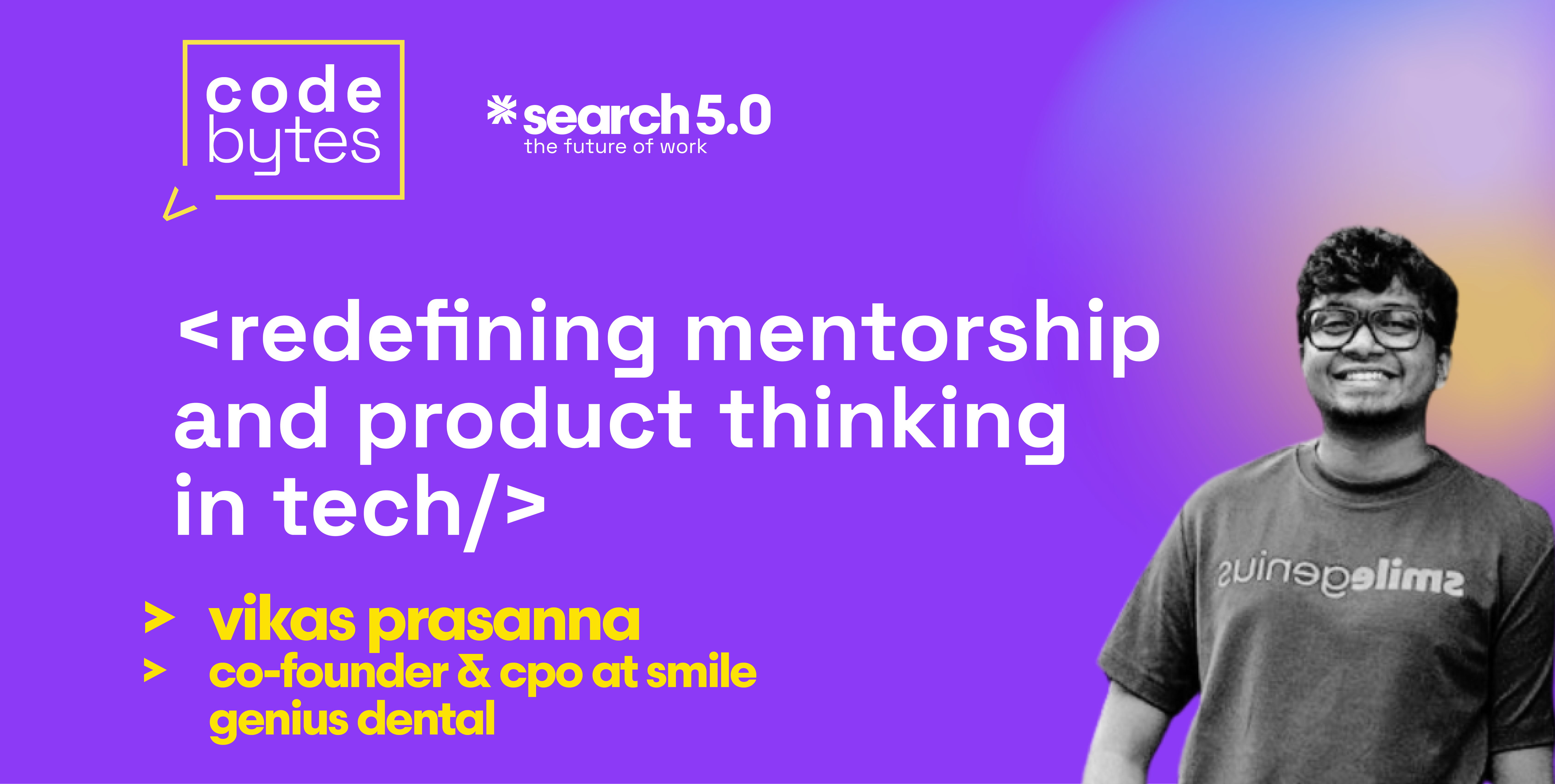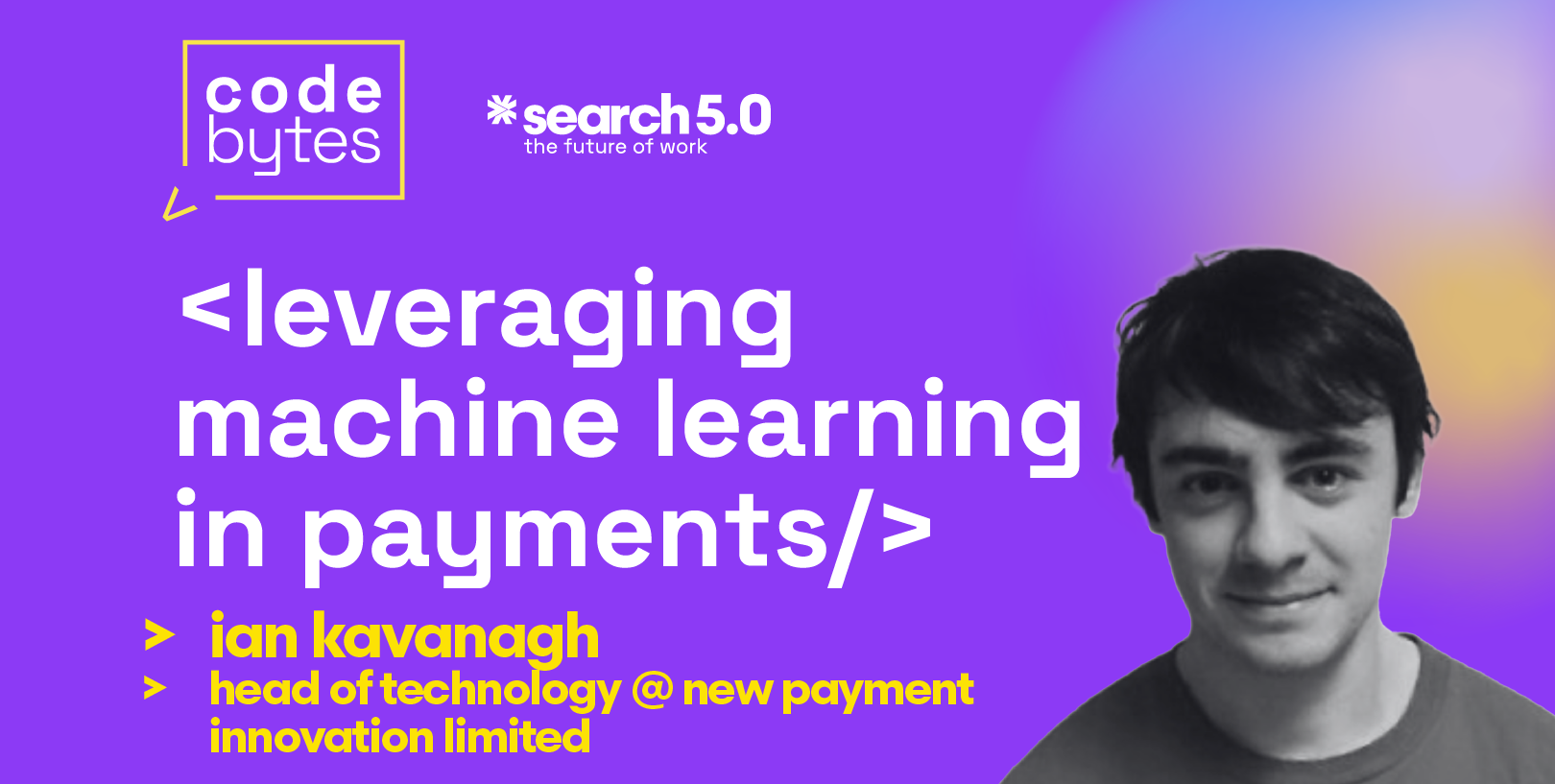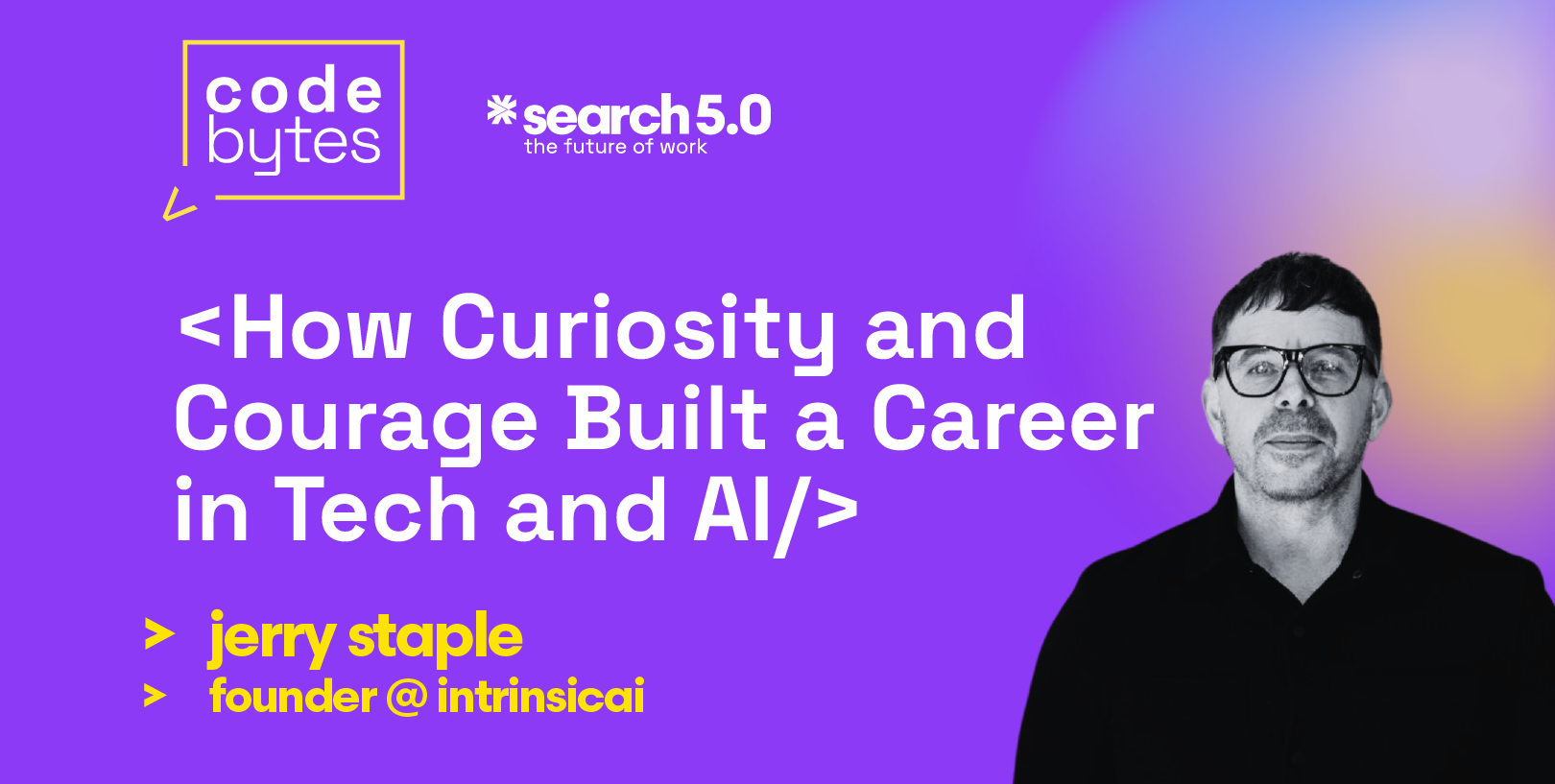
In the latest episode of Code Bytes, hosted by Stephen, the Head of Technology at New Payment Innovation Limited (NPI), Ian Kavanagh, shares his career journey, insights into mentorship, and the evolving landscape of technology. This engaging discussion offers valuable lessons for aspiring technologists and provides a behind-the-scenes look at the opportunities and challenges in today’s tech world. Below is a comprehensive summary of Ian’s journey and the highlights of this episode, perfect for technology professionals and enthusiasts seeking inspiration.
From Childhood Curiosity to a Career in Technology
Ian Kavanagh’s passion for technology can be traced back to his early years, driven by an innate curiosity about how and why things work. He recounts a childhood story where his endless stream of questions left those around him both impressed and amused. This curiosity laid the groundwork for a career built on exploration and continuous learning. Growing up with a father who owned a television repair business, Ian was exposed to the world of electronics at an early age, which sparked his interest in understanding and creating technology.
This curiosity naturally transitioned into academic pursuits. Ian chose to study electronic engineering at DCU, a decision that allowed him to blend his fascination with electronics and his newfound interest in programming. He taught himself foundational coding languages like HTML, CSS, and PHP, which set the stage for deeper exploration during his university years. The hands-on experience of programming and problem-solving captured Ian’s imagination, reinforcing his commitment to a future in technology.
Academic Pursuits and the Path to a PhD
Ian’s early post-graduation journey was not without its challenges. After completing his degree, he was faced with the choice of diving straight into the tech industry or pursuing further education. His initial foray into the professional world did not meet his expectations; he struggled to find satisfaction in his first job and soon decided to return to academia. This decision led him to undertake a PhD that focused on wireless signal models in buildings—a project that would have lasting impacts on his technical skills and approach to problem-solving.
Reflecting on his PhD experience, Ian describes it as a rewarding period where he could fully engage his curiosity and academic capabilities. It allowed him to deepen his understanding of complex technical topics and further develop his skills in research and analysis. The PhD was a significant turning point, equipping him with a robust set of tools that he would later bring into the industry.
The Return to Industry and a Defining Conversation
After spending eight years in academia, Ian made the decision to return to the industry, eager to apply his theoretical knowledge in practical settings. However, his re-entry was met with initial disappointment. His first job post-PhD was challenging and left him feeling disconnected. Within a few months, he was ready to walk away, but a conversation with his father changed his course. His father, who had spent his career in various companies, advised Ian to give the job at least six months before making any decisions. This advice proved pivotal.
Ian decided to stay and soon found himself given the responsibility of leading a project from proof of concept to implementation. This experience was transformative; it provided him with the autonomy and challenge he needed to thrive. Seeing the project succeed and knowing that clients were using a solution he developed rekindled his passion for industry work and set the tone for the next five years of his career.
Mentorship and the Role of Coaching
Mentorship, both informal and formal, has played an essential role in Ian’s career development. While he did not have many traditional mentors early on, he often turned to his father for guidance. This reliance on personal mentorship highlighted the value of having someone to offer an outside perspective. As Ian’s career progressed, he came to realise the profound benefits of professional coaching.
Ian shared that he engaged a coach as part of an emerging leaders programme run by DCU. This experience was eye-opening and invaluable. He described coaching as “mentorship on steroids,” emphasising its ability to help him unlock answers he already had within himself but needed assistance to articulate. The coach’s role in breaking down self-imposed barriers and helping Ian focus on his career direction was a game changer. This realisation came with the wish that he had embraced coaching earlier in his career to guide his decisions and growth more effectively.
The Importance of Curiosity and Lifelong Learning
A central theme throughout Ian’s career—and one he stresses for others—is the importance of curiosity and the willingness to learn. In the rapidly changing field of technology, these traits are essential for anyone looking to stay relevant and grow. Ian believes that while anyone can learn to code in languages like C or Java, it’s the deeper desire to explore new ideas and adapt to advancements that sets successful technologists apart.
When building his teams, Ian actively seeks candidates who display curiosity. He explained that he looks for evidence of self-initiated learning and engagement with the tech community. During interviews, he asks candidates what they do outside of work to stay informed—whether they listen to podcasts, follow specific YouTube channels, or read newsletters. This focus on ongoing learning ensures that his team remains adaptable and ready to embrace new challenges.
Building a Supportive Team Culture
Ian also touched on the significance of fostering an environment were asking questions and learning from others is encouraged. He shared that within his team, informal mentorship happens daily, creating a culture where collaboration and knowledge-sharing are valued. Ian highlighted the example of using Pulumi as an infrastructure-as-code tool and how he learned extensively from colleagues who were experts in it. This collaborative approach not only enhances individual skills but also strengthens the team as a whole.
The ability to ask questions and engage with peers is something Ian believes should be embraced at all levels of a career. He encourages new technologists not to hesitate to dive into projects they may not initially feel confident in, stressing that growth comes from tackling challenges head-on and seeking support when needed.
The Exciting Future of Technology at NPI
As Head of Technology at NPI, Ian is at the forefront of developing new solutions and exploring the potential of emerging technologies. He discussed the company’s dual focus: providing merchant payment solutions, including terminals for card payments and online platforms, as well as building a robust platform for automated billing and client support. This ambitious roadmap involves a significant amount of development over the next several years and is centred in Dublin, where the company is expanding its resources.
Ian expressed his enthusiasm for the potential of machine learning, not just in the context of popular AI tools like ChatGPT but in the more nuanced ways data can be leveraged. He is particularly excited about how machine learning can be used to automate workflows and create innovative applications that simplify processes and provide unique solutions for clients. This approach is part of NPI’s strategy to stay at the forefront of the payments industry and continue delivering cutting-edge services.
Advice for Aspiring Technologists
When asked what advice he would give to aspiring technologists, Ian emphasised the importance of embracing challenges and not shying away from unfamiliar tasks. His key message is to “not be afraid to get your hands dirty.” Engaging with new technologies and asking questions, even when you think you might already know the answer, can lead to significant growth and unexpected opportunities. Ian encourages aspiring tech professionals to see interviews as two-way conversations, where both parties assess fit and alignment.
Ian also believes that creating a psychologically safe environment is crucial for fostering curiosity and collaboration. He pointed out that in interviews, candidates who are genuinely curious will ask questions that reveal their interest in the company, the team, and the role. This curiosity not only helps candidates determine if the job is right for them but also signals to employers that they are proactive and invested in their careers.
The Power of Knowing Your “Why”
A recurring theme in Ian’s conversation with Stephen was the concept of knowing your “why.” For Ian, understanding why you do what you do and what drives you is essential for long-term career satisfaction. This awareness allows technologists to make informed decisions and pursue paths that align with their passions and strengths. Ian’s own journey—from questioning everything as a child to tackling complex projects in academia and industry—illustrates the importance of following your curiosity and staying true to your motivations.
The Impact of Coaching and Future Goals
Reflecting on his experiences with coaching, Ian noted that it significantly improved his self-awareness and strategic thinking. He encourages anyone in the technology sector, whether they are starting out or well into their careers, to consider engaging with a coach. The process of having an external perspective helps refine goals and break down barriers that may not be immediately visible.
Looking to the future, Ian and his team at NPI are gearing up for exciting developments, including the launch of solutions tailored for micro and small businesses. This includes mobile payment devices and smaller, user-friendly card machines designed for service-based businesses like hairdressers and small retailers. These innovations are part of NPI’s broader mission to enhance payment technologies and cater to a diverse range of clients.
Final Thoughts
Stephen and Ian’s conversation on Code Bytes serves as an inspiring reminder of the value of curiosity, resilience, and mentorship in building a successful career in technology. Ian’s journey from academia to industry and his insights into fostering a culture of learning provide practical takeaways for both new and experienced professionals. As a technology recruitment business, Search 5.0 is committed to connecting tech talent with opportunities that empower them to grow, innovate, and thrive. This episode of Code Bytes is a testament to the potential within the tech industry when professionals embrace curiosity and continuous learning.




